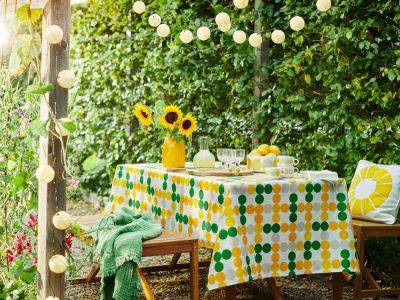IKEA
Gardenig in Sweden. Tips & Guides
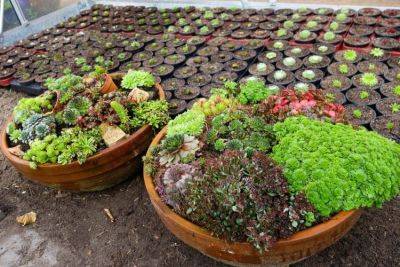
Garden Flower Botany Primer – Classification
Why is it important to learn how garden flowers are grouped or classified?
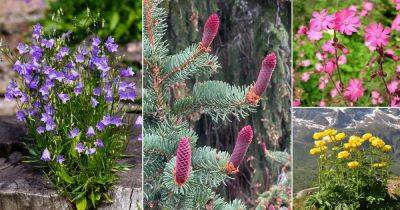
28 Best Swedish Flowers for the Garden
When it comes to resilience, vibrant colors, and adaptability, these Swedish flowers are a no match! They also require minimum care and maintenance, adapting well to different soil types and weather conditions.
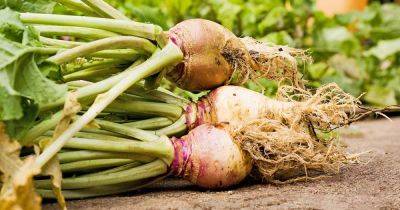
How to Grow Rutabagas: A Cool-Weather Crop Perfect for Fall
How to Grow Rutabagas: A Cool-Weather Crop Perfect for Fall Brassica napus var. napobrassica
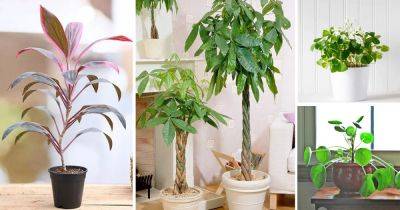
11 Plants that Attract Money and Bring Fortune to Home
Do you know about Plants that Attract Money and Bring Fortune to Home? If not, you are in for a surprise! We have compiled a list of the most beautiful ones for you!
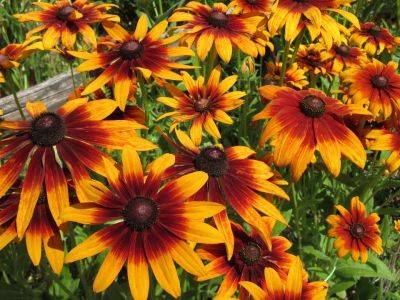
Guide to Growing Black-eyed Susans
Commemorating Olaf Rudbeck (1660–1740) was a Swedish professor of botany and counselor of Linnaeus (Compositae). Coneflower. A genus of about 40 herbaceous plants, mostly perennial and hardy, natives of North America, related to Echinacea. The flowers are showy, daisy-like, often with drooping petals and conspicuous conical centers. Most of them are excellent herbaceous border plants and are valuable for late summer effect in the garden.
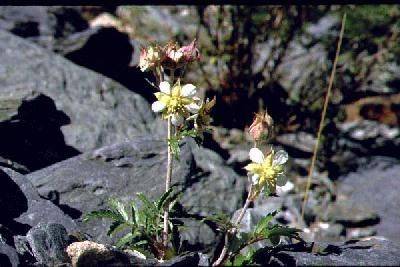
A Study of Plant Names
To the novice it is a mystery why a simple little blossom should be burdened with an unpronounceable Latin name-and not only with one, but two and often even more. She forgets that her own name is not only Brown, that to distinguish her from all the other Browns she has been called Kathy and because of the many Kathy Browns she bears the additional name of Ann. It is just so with plants; each has a family or genus name, a given or specific name and often one or more descriptive names. Thus we have Myosotis palustris semperflorens, a plant belonging to the Myosotis or Dill family. This particular one is a marsh-lover and a more or less continual bloomer, as the last two parts of its name indicate. We prefer to call this flower Forget-me-not, its pet or familiar name, just as Kathy Ann Brown’s friends may wish to call him Kathleen or Kate.It is very interesting to investigate why the botanical names were chosen. We have all known a man named Small who was anything but small, or a girl named Grace who was not at all graceful. In the plant world, such entirely inappropriate names occur very seldom; each name is chosen to describe a particular plant and plants do not change sufficiently to belie the terms descriptive of their family. The original Small was, no doubt, small of stature, but through the ages his children have outgrown the name.
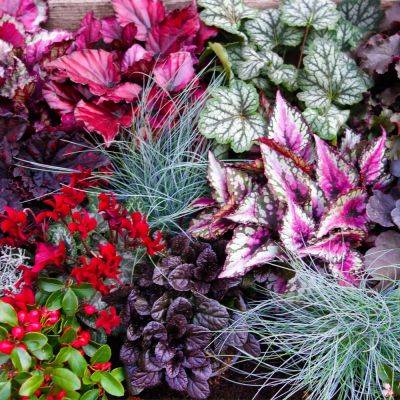
Latin Garden Names – Species Plantarum
In the long history of plant science, no name is more famous than that of Linnaeus and no book is more highly regarded than his “Species Plantarum,” published in 1753.
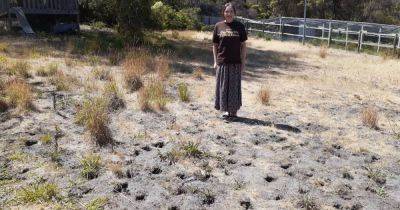
The world’s ugliest lawn has been found and Diarmuid Gavin says it’s ‘soulful’
It is not so much a lawn as a moonscape: pitted craters dug by bandicoots, exhausted tufts of withered yellow grass plucked by wallabies and pitiful plants shrivelled brown under the Australian sunshine.

Plants Flying on the Axiom 3 Private Space Mission
Header image: An illustration of a SpaceX Crew Dragon spacecraft approaching the International Space Station for docking. Image credit: NASA
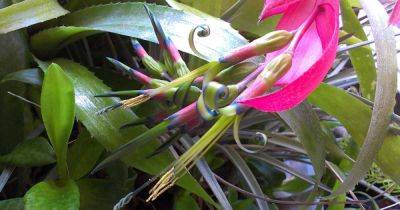
How to Grow and Care for Queen’s Tears Bromeliads
How to Grow and Care for Queen’s Tears Bromeliads Billbergia nutans

IKEA Just Launched a Limited-Edition, Turkey-Sized Swedish Meatball
LauriPatterson / Getty Images

IKEA Is Now Selling Security Sensors that Offer Safety and Style in Equal Measure
IKEA
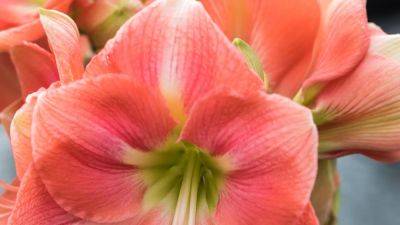
How to care for an amaryllis | House & Garden
Dramatic and elegant, amaryllis (Hippeastrum) are bulbous indoor plants that cheer us through the coldest months. The huge flowers bloom atop tall, sturdy stems, opening like colourful trumpets, as if about to blast away the winter blues with a clarion call.
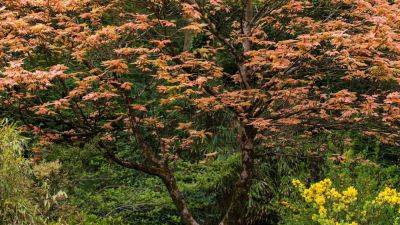
All about maple trees and how to grow them | House & Garden
Should you be stopped in your tracks by the blazing colour of a tree this autumn, it is likely to be a maple (Acer). Their distinctive palmate leaves burn breathtaking, vivid shades of scarlet, ruby, or gold before they fall, outshining most trees in the vicinity. Some acers also offer colourful spring foliage; others have a sculptural spreading shape with multiple trunks; and a few provide attractive bark during the winter months.
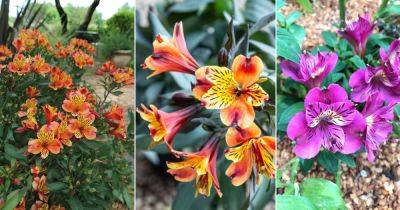
Alstroemeria Flower Meaning and Symbolism
From messages of friendship to expressions of mutual support, learn in detail about Alstroemeria Flower Meaning in various contexts.
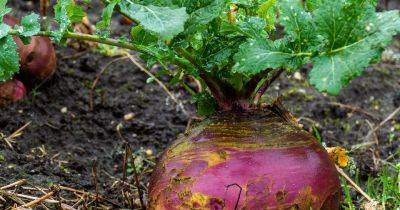
How to Grow Your Own Swede
Swede (Brassica napus) is a delicious and nutritious vegetable that can be grown at home. Grow them yourself for organic produce with better flavour than shop-bought. Sown in spring, they’ll be ready to harvest for warming and hearty meals in the depths of winter.

15 fun Stockholm family activities
Collaborative post

I Tried "Swedish Death Cleaning"—Here's What Happened
“Swedish death cleaning” may sound morbid, but the concept is less doom and gloom and more existential and sweet. Think of the decluttering style this way: if the KonMari Method and hygge had a baby, it’d be Swedish death cleaning. The idea is simple, yet astounding. Swedish death cleaning is a Scandinavian method of organizing that focuses on decluttering your home before you pass on in an effort to lessen the burden on your grieving loved ones. Author Margareta Magnusson coined the phrase in her 2017 book The Gentle Art of Swedish Death Cleaning, and the concept has been gaining traction ever since.

How to care for spider plants | House & Garden
Chlorophytum comosum ‘Vittatum’ — available from Hortology
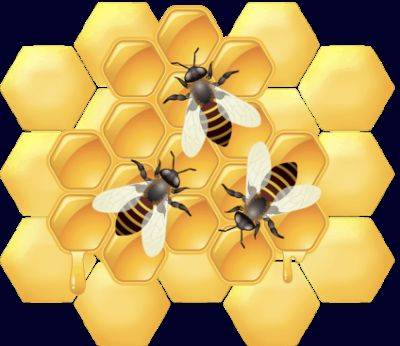
The Hive: no. 1
Earth Day seems to be an auspicious day on which to being a new blog series. ‘The Hive’ is going to be a collection of positive news stories about the environment, with a solarpunk vibe – demonstrating that those of us who care about the environment are not alone, and that in fact there are legions of people around the world who are actively making a difference, and who share a positive vision of how the future could look, rather than the gloom and doom of a dystopia forced on us by a broken climate.
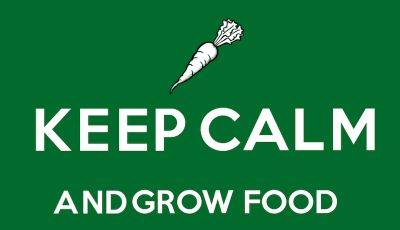
Keep Calm and Grow Your Own
The news for the past few weeks has been a little worrying (when is it not?), in the sense that although Brexit is only 7 months away, no one seems to have the foggiest what will happen when we leave the EU. All kinds of industries are predicting chaos. People in the government have said that the government is making plans to stockpile food, and the public don’t need to worry. However, with ‘just in time’ food supply lines that leave us nine meals away from anarchy, perhaps a little concern is in order. We’ve recently lived through a hummus shortage (due to production issues), a crumpet/fizzy drinks shortage (ditto) and salad shortages (weather issues), and that’s just the ones I (a) noticed and (b) can remember.
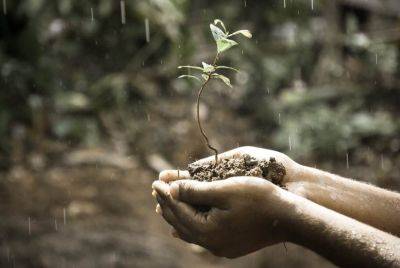
Here’s why soil smells so good after it rains
Klas Flärdh, Lund University and Paul Becher, Swedish University of Agricultural Sciences
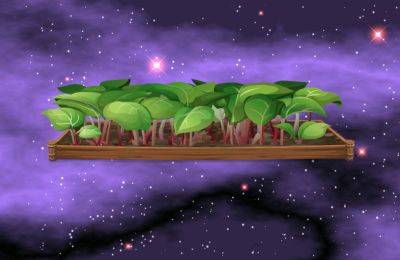
What’s next for the Hydroponicum?
Last summer, Ryan and I popped on our face masks, slathered our hands in sanitiser and braved a trip to pandemic-era Ikea. There were a few things we needed, and I wanted to stock up on consumables for my Hydroponicum.
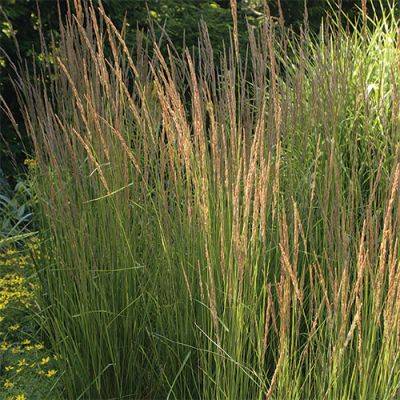
A Guide to Growing Reed Grasses: Best-Performing Varieties and Care
As native grasses such as little bluestem (Schizachyrium scoparium and cvs., Zones 3–9) and prairie dropseed (Sporobolus heterolepis and cvs., Zones 3–9) increasingly gain traction in gardens, exotics such as miscanthus (Miscanthus sinensis and cvs., Zones 4–9) are losing favor because of their invasive tendencies. But not all exotic grasses are troublesome and need to be avoided. Feather reed grass (Calamagrostis × acutiflora and cvs., Zones 5–9) is a natural hybrid of C. arundinacea and C. epigejos, which are both nonnatives and prolific self-sowers, but the hybrid rarely sets fertile seed—a major plus for an exotic grass, right? So why are other reed grasses—‘Karl Foerster’ aside—so underused? To answer that question is to understand the phenomenon of ‘Karl Foerster’ feather reed grass (C. × acutiflora ‘Karl Foerster’).
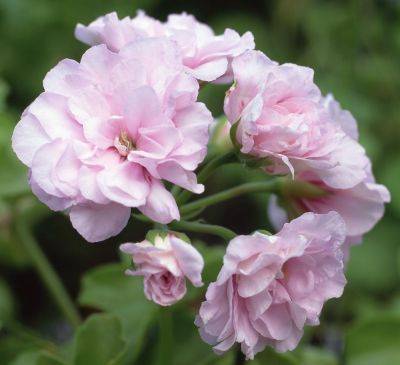
Pelargonsjuka Is the Colorful Scandi Gardening Trend to Try This Year
Andrew Drake
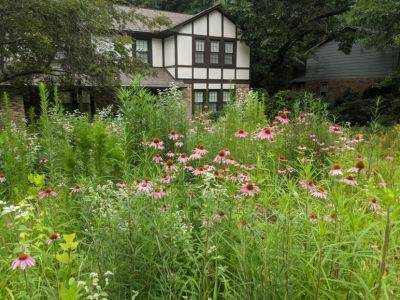
Let’s Go Wild!
I read a recent article in Forbes magazine introducing a new book, Wild: The Naturalistic Garden by Noel Kingsbury. It nudged me to share a gardening concept that I have grown more passionate about as I have matured in horticulture. The idea is to introduce a little ‘wild’ into our home landscapes by adding native plants to improve environmental health.
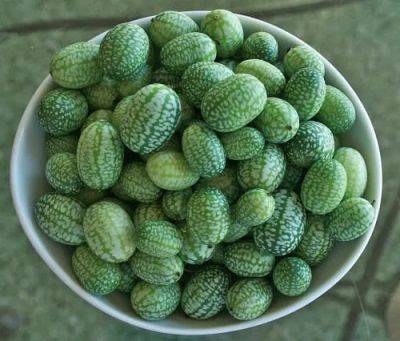
The right edible for the job: carol koury’s best kitchen-garden varieties
Matching the specific variety of edible to its intended use just makes sense, especially if putting up some of the harvest is in your plans. It has always been in Carol’s.“I was born into a family that grew its own food,” says Carol. “My Swedish grandmother planted a garden every summer that was counted on to feed the whole family–my grandparents, their five children, spouses, and grandchildren.”And that meant food year-round, much of it canned over a woodstove in a New Hampshire house that had no running water or electricity. From a young age, she helped carry water from the well 200 yards uphill in a pair of buckets on a wooden yoke over her shoulders at food-preserving time, to get the water baths going.A “rock-reinforced hole in the ground” was their root cellar
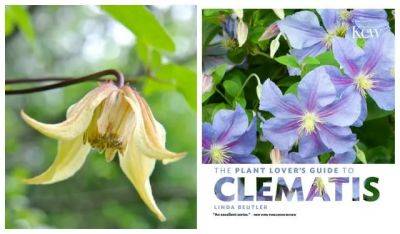
Pairing clematis with proper partners, with linda beutler of rogerson clematis collection
Linda Beutler is author of three books about clematis, president of the International Clematis Society, and curator of the Rogerson Clematis Garden collection in the Pacific Northwest, just outside Portland, Oregon. Suffice it to say, Linda knows from clematis.In a recent conversation, Linda shared tips on matching the right clematis to the right support, and what to look for (not flowers!) when buying nursery plants, and why following the traditional rules on pruning without applying some common sense as well isn’t the way to go. Plus: Enter to w
- 1
- 2
Popular Locations
Have great time reading Sweden Ideas, Tips & Guides and scrolling Sweden stuff to learn new day by day. Follow daily updates of our gardening & homemade hacks and have fun realizing them. You will never regret entering this site greengrove.cc once, because here you will find a lot of useful Sweden information, different hacks for life, popular gardening tips and even more. You won’t get bored here! Stay tuned following daily updates and learning something new for you!

